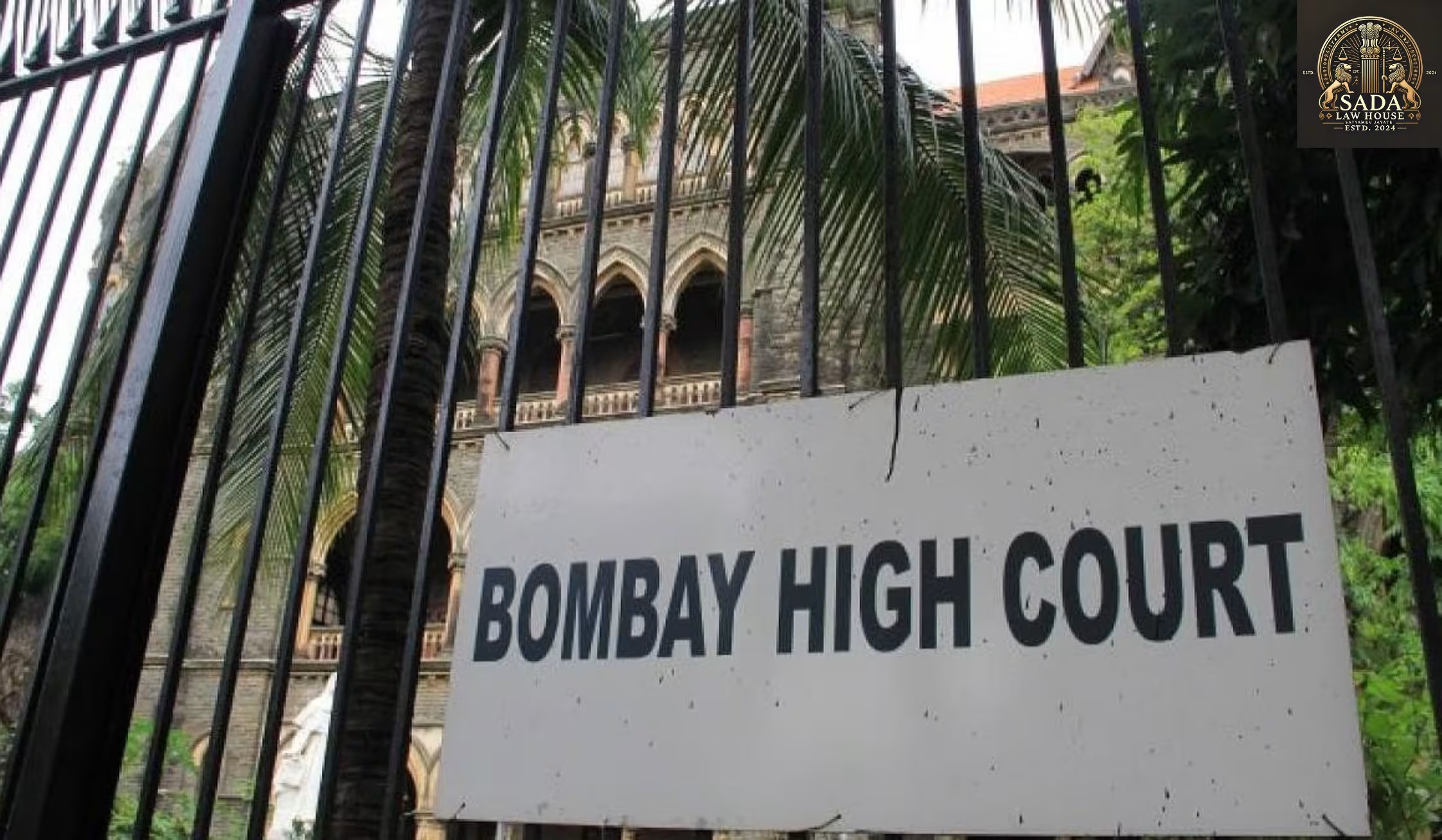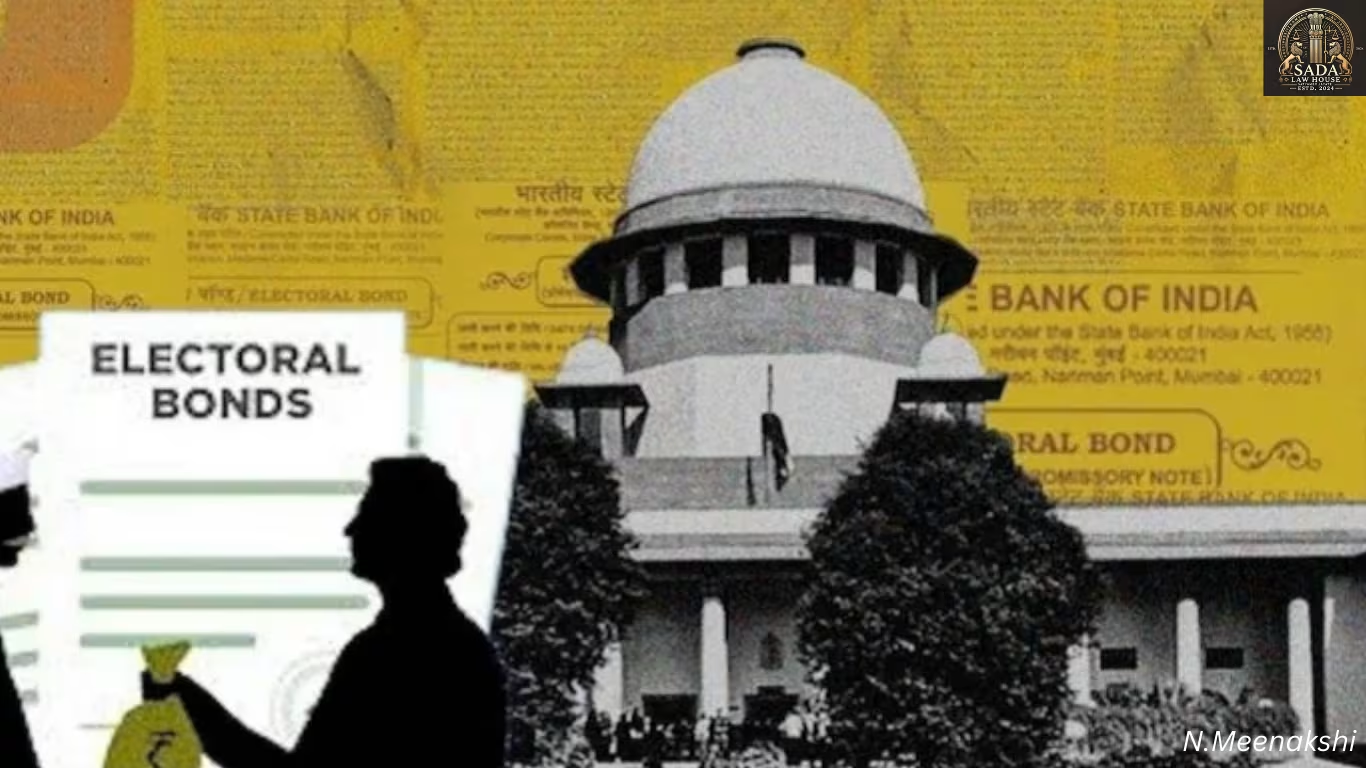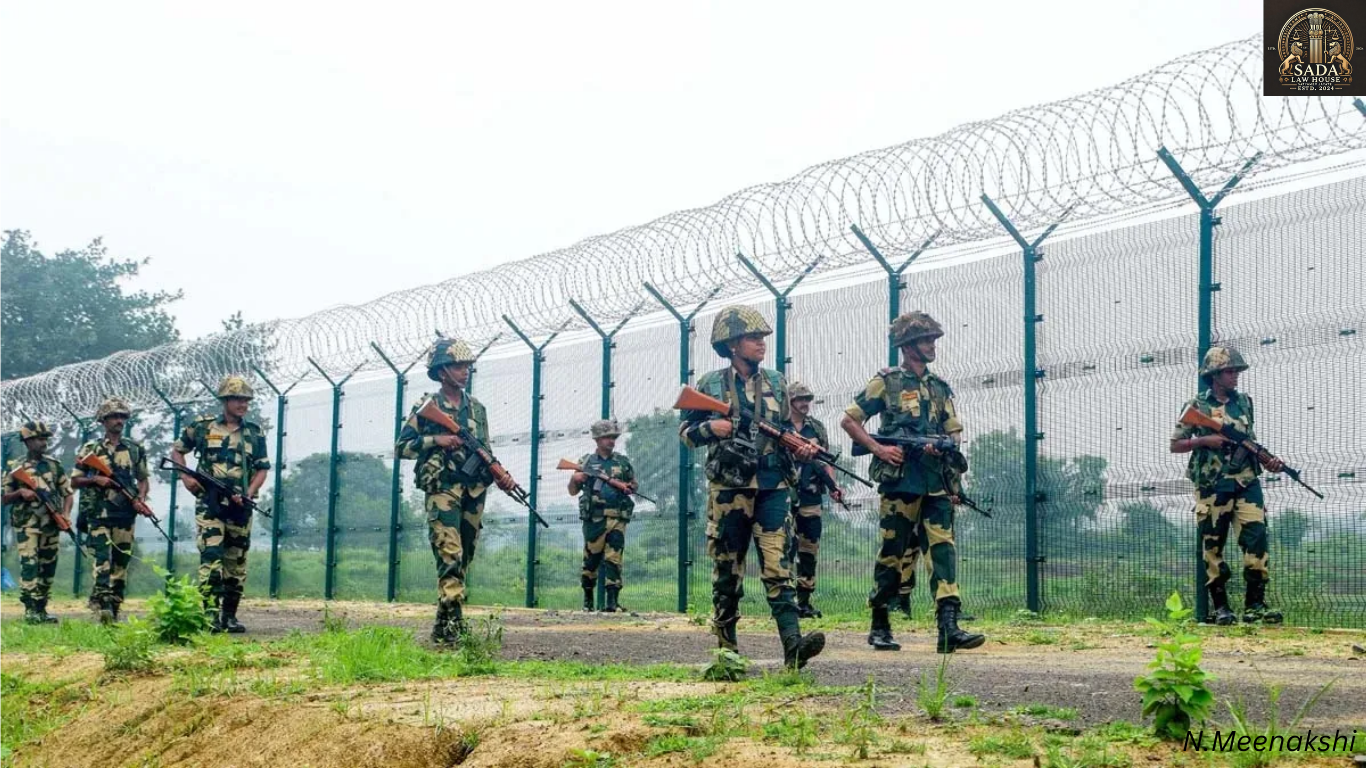Bombay High Court Declares Anchor Group Director Hemang Shah’s Arrest Illegal, Citing Violation of Fundamental Rights
- KASHISH JAHAN
- 02 June 2025

The Bombay High Court rules the arrest of Anchor Group Director Hemang Shah as illegal, citing violation of constitutional rights under Article 22(2). Learn why this case matters for business families and legal protections in India.
Bombay High Court Rules Hemang Shah’s Arrest Illegal: A Landmark Judgment
In a major ruling, the Bombay High Court declared the arrest of Hemang Shah, director of the prominent Anchor Group, as illegal and unconstitutional. The judgment highlights a breach of fundamental rights and emphasizes strict adherence to legal procedures during arrests.
Background: Allegations of Financial Fraud
The controversy arose from a complaint filed by Hemang’s elder brother, Mehul Shah, accusing him of financial fraud amounting to ₹67 crore. On May 17, Hemang Shah was intercepted and detained by the Economic Offences Wing (EOW) of the Mumbai Police at Delhi Airport.
Violation of Article 22(2) of the Indian Constitution
Under Article 22(2) of the Indian Constitution, any individual arrested must be presented before a magistrate within 24 hours. In Shah’s case, he was produced after almost 29 hours—a clear breach of his constitutional rights.
Court’s Observations on Liberty and Abuse of Power
The High Court emphasized that the moment Hemang was detained at the airport, his liberty was seized, and the 24-hour countdown began. The delay constituted an unlawful detention. The court also acknowledged that the arrest may have been used to exert pressure on Shah to resolve a private family dispute—an unacceptable misuse of police authority.
Importance of Upholding Legal Procedure
This judgment sends a strong message to law enforcement: procedural safeguards must be respected regardless of the seriousness of charges. The ruling does not assess Hemang Shah’s guilt or innocence in the financial fraud case; it solely defends the constitutional protection against illegal arrest.
Relevance for Business Families and the Public
The case underlines the sensitivity of family-business conflicts when intertwined with criminal accusations. It reinforces the judiciary’s role in ensuring that fundamental rights are not compromised during legal investigations. For citizens, it serves as a reminder of the constitutional shield against unlawful detention.
Conclusion: A Warning Against Procedural Violations
The immediate release of Hemang Shah ordered by the Bombay High Court sets a precedent for protecting civil liberties. Even in complex economic offense cases, the judiciary remains vigilant in upholding the rule of law and preventing the abuse of arrest powers.
Live Cases






